Possible Causes could be, as follows::
Allow to cache requests that use sessions:
Whenever the session is started during a request, Symfony turns the response into a private non-cacheable response to prevent leaking private information. However, even requests making use of the session can be cached under some circumstances.
For example, information related to some user group could be cached for all the users belonging to that group. Handling these advanced caching scenarios is out of the scope of Symfony, but they can be solved with the FOSHttpCacheBundle.
In order to disable the default Symfony behavior that makes requests using the session uncacheable, in Symfony 4.1 we added the NO_AUTO_CACHE_CONTROL_HEADER header that you can add to response:
use Symfony\Component\HttpKernel\EventListener\AbstractSessionListener;
$response->headers->set(AbstractSessionListener::NO_AUTO_CACHE_CONTROL_HEADER, 'true');
Deprecate some uses of Request::getSession()
Using Request::getSession() when no session exists has been deprecated in Symfony 4.1 and it will throw an exception in Symfony 5.0. The solution is to always check first if a session exists with the Request::hasSession() method:
if ($request->hasSession() && ($session = $request->getSession())) {
$session->set('some_key', 'some_value');
}
More on Ref: Here.

